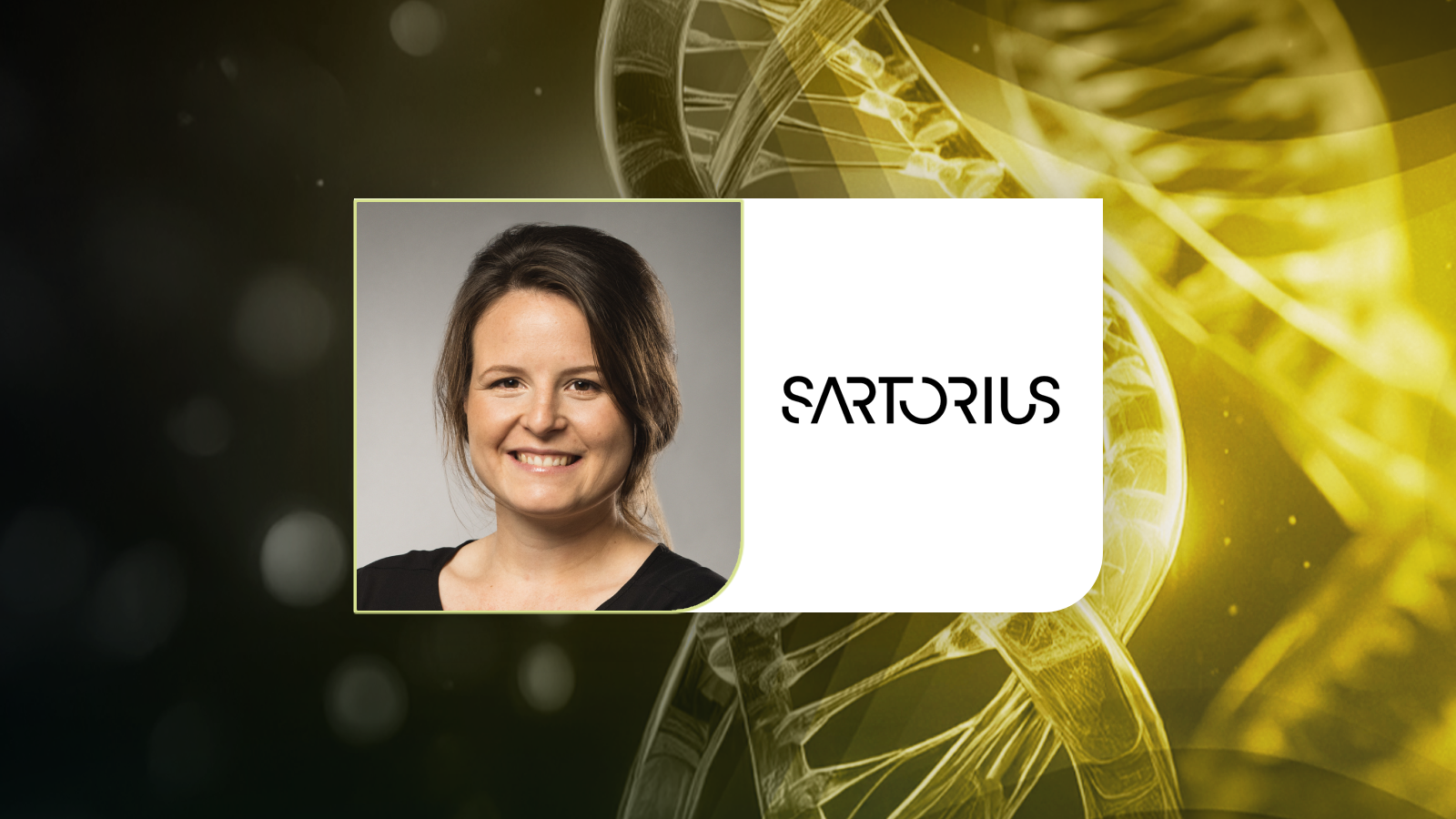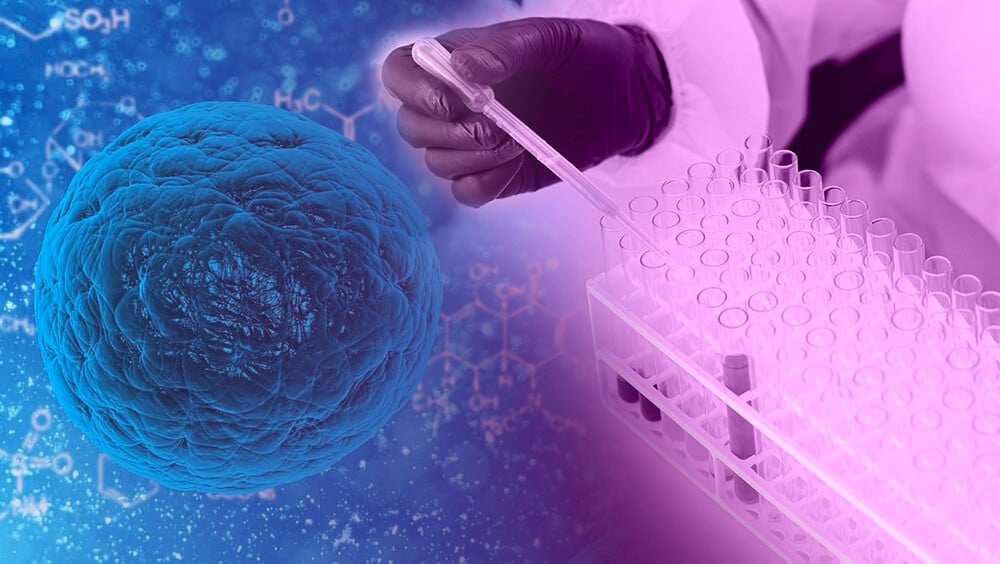Archon Biosciences Announces $20m of Seed Funding for its Nobel-Winning, AI-Driven Antibody Cage Technology

Archon Biosciences has announced $20 million of seed funding for its Antibody Cage (AbC) Technology in what it has called an “emergence from stealth.” Madrona Ventures has led this additional financing, along with financiers DUMAC Inc., Sahsen Ventures, WRF Capital, Pack Ventures, Alexandria Venture Investments and Cornucopian Capital.
Archon’s AbCs leverage the science behind the 2024 Nobel Prize in Chemistry at the Baker Lab in the Institute for Protein Design (IPD) at the University of Washington (UW). The novel class of biologic aims to combine the binding affinity and specificity of antibodies with AI-enabled generative protein design.
AbCs are AI-generated proteins surrounded by antibodies in a geometric structure which determines its attributes and biological behaviours.
Archon says that because of their precision of control over AbC structure, they are able to tune the molecules’ ability to distribute around the body and the way in which they engage with their cellular targets.
“There are many high-profile cases where we understand not only a target’s biology but also why past attempts to drug the target have failed in the clinic. These key disease levers are at our fingertips, but we lack the tools to safely and effectively engage them,” said James Lazarovits, Archon’s co-founder and Chief Executive Officer.
He continued: “Our transformational Antibody Cage technology is designed to drug many of these challenging targets underlying diseases of paramount urgency and create better treatment options for patients. With the support of our investors, we have developed a proprietary protein design platform coupled with rapid in-house manufacturing and testing to revolutionize how biologics are developed.”
The Nobel Prize for Chemistry awarded this year recognised the Baker Lab’s work on AI-driven computational protein design for their proven ability to create novel proteins with desired functions. David Baker, UW Professor and the laureate that heads up the lab, co-invented the Archon platform alongside co-founders and IPD colleagues James Lazarovits and George Ueda.
Archon say that their antibodies are incorporated into the overall structure of the AbC during manufacturing without the need to modify their sequence or alter established production processes. Because of this, the company boast that AbC assembly is “massively parallelizable, easily automated and retains the industry-proven binding affinity and specificity of antibodies while enabling rapid exploration of a new geometric design and application space.”
While spinning out of academia, Ueda (CTO) and Lazarovits (CEO) managed to secure initial grants adding up to over $7 million from IPD’s Translational Program, Washington Research Foundation, The National Institutes of Health, The Department of Defense and the Washington Entrepreneurial Research Evaluation and Commercialization Hub (WE-REACH) to develop the AbC platform and early preclinical candidates. The group have now licensed the AbC technology from UW.
“AbCs are a revolutionary approach to antibody therapeutics that creates immediately actionable engineering solutions to intractable drug development challenges,” said Chris Picardo, Partner at Madrona Ventures, and Board Member of Archon Biosciences.
“James and George have assembled a team of world-class scientists and pharmaceutical industry veterans that is able to create new preclinical molecules with extraordinary speed and accuracy. We’re excited to partner with them at the forefront of generative protein design and realize the myriad of possibilities to engage currently undruggable targets and pathways to improve human health.”









